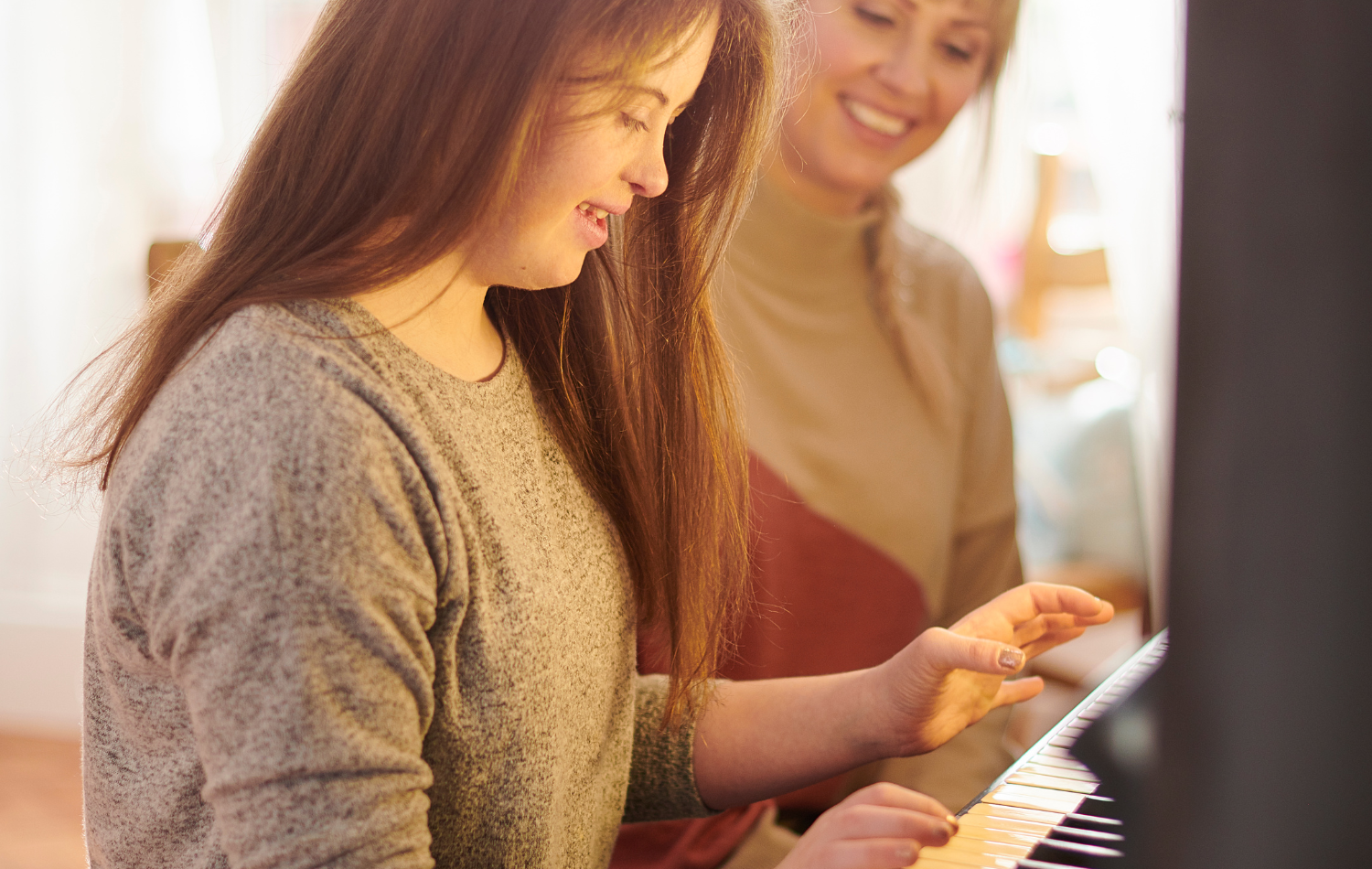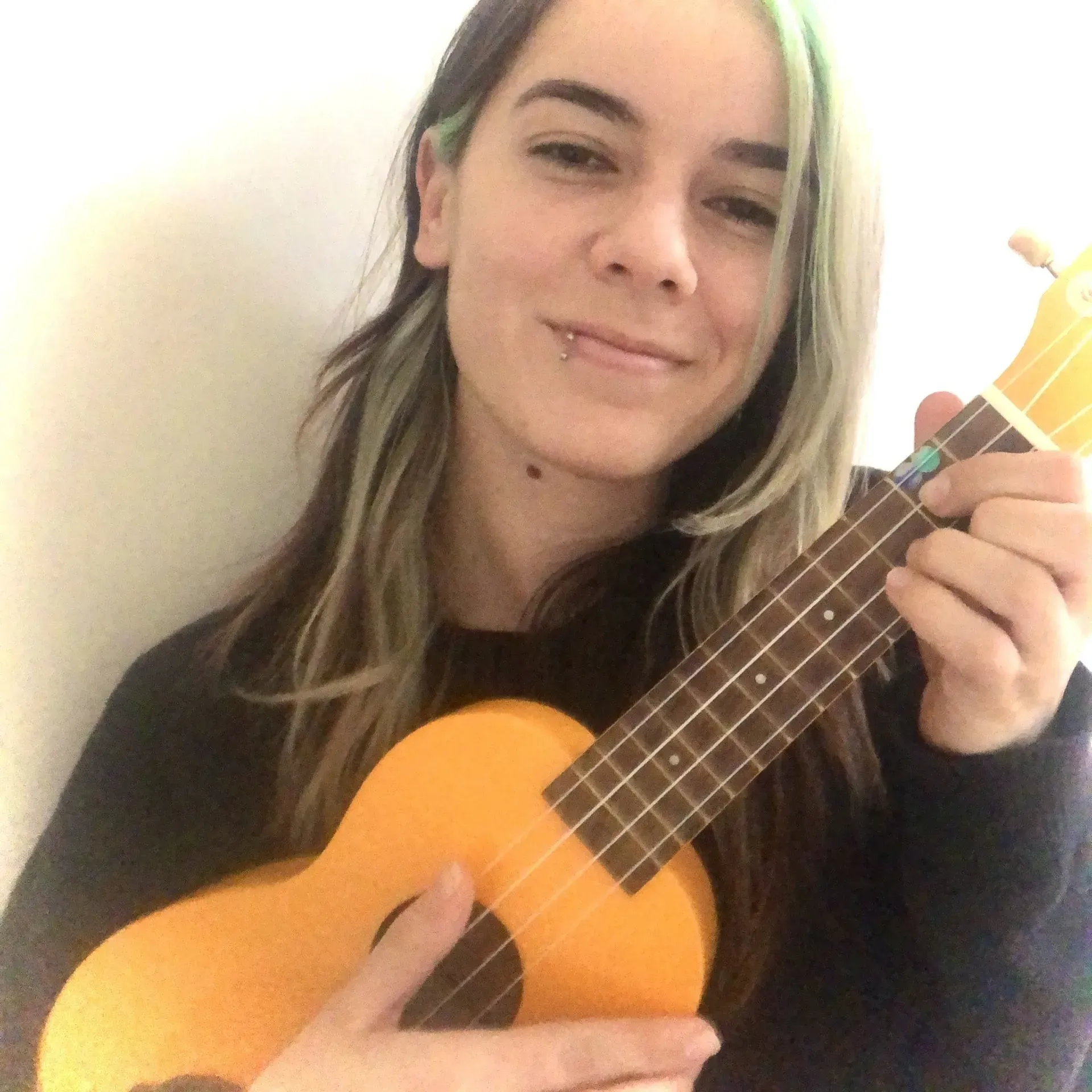Music Therapists
Music as a tool to achieve life goals

Music Therapy is an evidence-based Allied-Health profession that uses music-based interventions to achieve non-musical goals. Music Therapists guide Clients in developing essential skills such as self-expression, emotional regulation and coping strategies.
At helpz, we use music as a therapeutic bridge, helping individuals connect, grow and achieve greater independence and wellbeing. Learn how our Music Therapy services can support your loved one.
Services
Healing through music
What makes Music Therapy different?
Dive into the transformative world of Music Therapy, where clinical goals are intertwined with rhythm and melody. In the hands of our Registered Music Therapists (RMT), therapeutic strategies come alive through music, with an emphasis on enhancing speech and language function, mental wellbeing as well as balance and coordination.
Inclusive
Music Therapy caters to all backgrounds and ages, providing support to anyone experiencing challenges in communication, physical, emotional, social or cognitive functioning.
Tailored
Our Music Therapists assess and develop a customised therapeutic approach. If Music Therapy isn't the right fit, we guide you to the service that best suits your needs.
Transdisciplinary
At helpz, our approach blends Music Therapy with Speech Therapy and Positive Behaviour Support for a comprehensive, multi-disciplinary intervention. This model fosters independence, inclusion and active participation.
"What I love most about Music Therapy is its universality; its power to evoke meaningful connections and insight with or without the need for words."

Tessa McDermott
Music Therapist at helpz
High-quality care you can rely on
As an accredited NDIS service provider, trust helpz to deliver Music Therapy services that meet the highest quality and safety standards. Our qualified Music Therapists bring a blend of technical expertise and genuine care, tailoring each treatment plan to support meaningful progress.
With a dedicated team of clinicians located across Australia, we bring exceptional therapeutic support directly to you, whether at home or in the community. Guided by each Client's goals, we're here to provide reliable, respectful and engaging support every step of the way.
Begin your Music Therapy journey with helpz
Music Therapy can open new pathways for expression, connection and personal growth. For those looking to include Music Therapy service in their plan or want to support a loved one, we're here to help. At helpz, we use evidence-based intervention to help you build confidence and take meaningful steps forward.
Support doesn't stop at Music Therapy. You can explore our full suite of NDIS services, including Behaviour Support, Occupational Therapy, Counselling, Dietetics and more. Each service is designed to meet individual needs and create lasting impact, one goal at a time.
Connect with us today and get the personalised support you or your loved one deserves.




